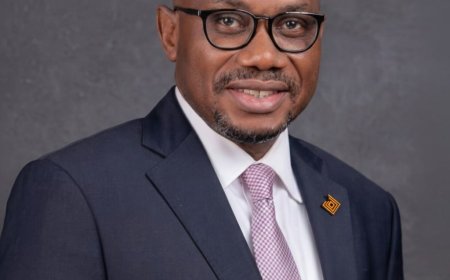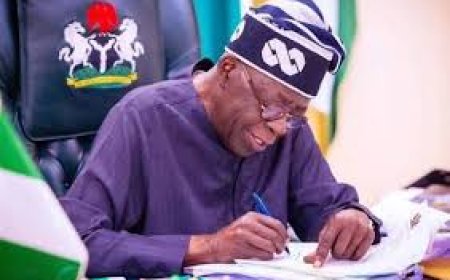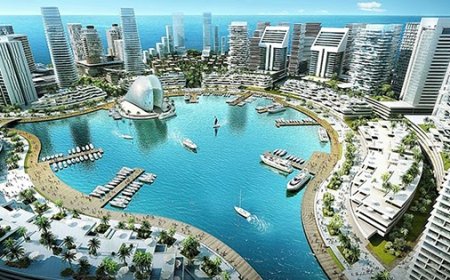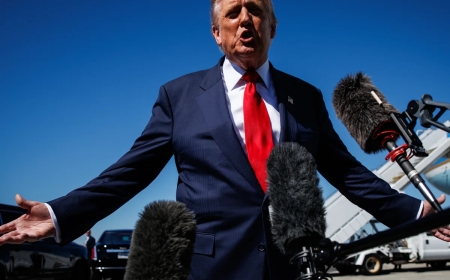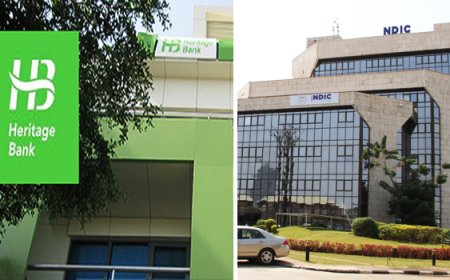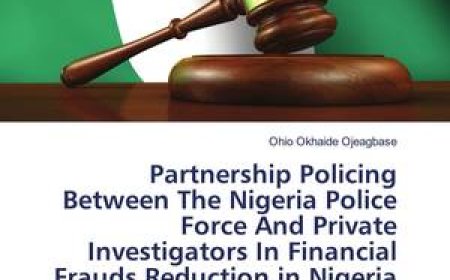Nigeria’s Rising Debt Weakens Investor Confidence, Says Afe Babalola | KREENO Consortium Reacts
KREENO Consortium’s Dr. Ohio O. Ojeagbase emphasizes the need for leadership integrity, fiscal reform, and responsible governance to restore national credibility.
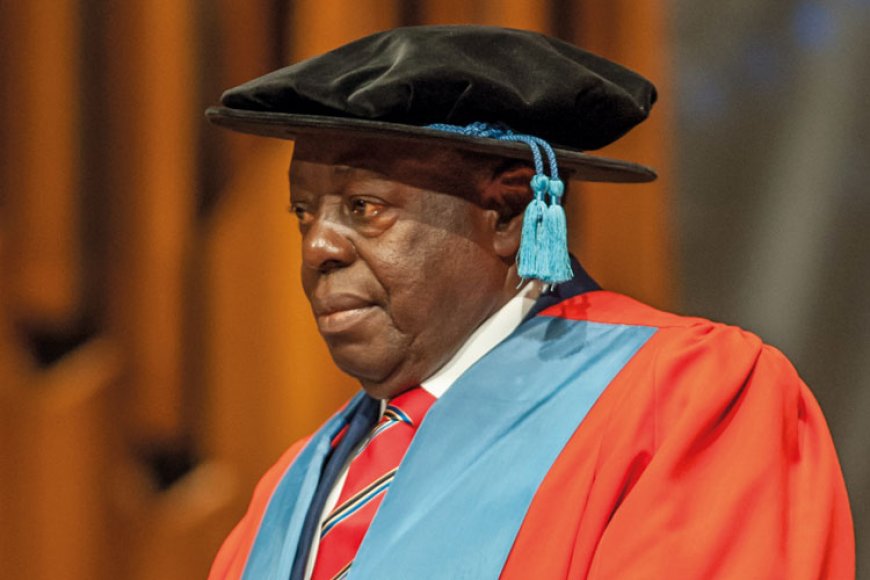
By Kiina Martins, Business Correspondent
Eminent legal scholar and founder of Afe Babalola University, Ado-Ekiti (ABUAD), Aare Afe Babalola, has expressed deep concern over Nigeria’s growing debt liabilities, warning that the nation’s mounting borrowings are eroding investor confidence and diminishing its economic credibility on the global stage.
Speaking at the 2025 International Leadership Conference on Leadership, Governance, Sustainable Change, and Wealth Creation (2.0), jointly organized by ABUAD, Trinity Western University (TWU), Vancouver, Canada, and the African Centre for Leadership, Strategy, and Development (CentreLSD), the elder statesman described Nigeria’s fiscal condition as “alarming and unsustainable.”
Delivering his remarks on the conference theme, “Shaping Transformational Leaders for a Changing World: Tackling Insecurity, Governance, and Development,” Babalola noted that Nigeria’s total public debt, now estimated at over ₦152.4 trillion (approximately $99.7 billion), has placed the country among the world’s heavily indebted nations. He warned that such economic instability has made foreign investors increasingly reluctant to engage with Nigeria’s financial markets.
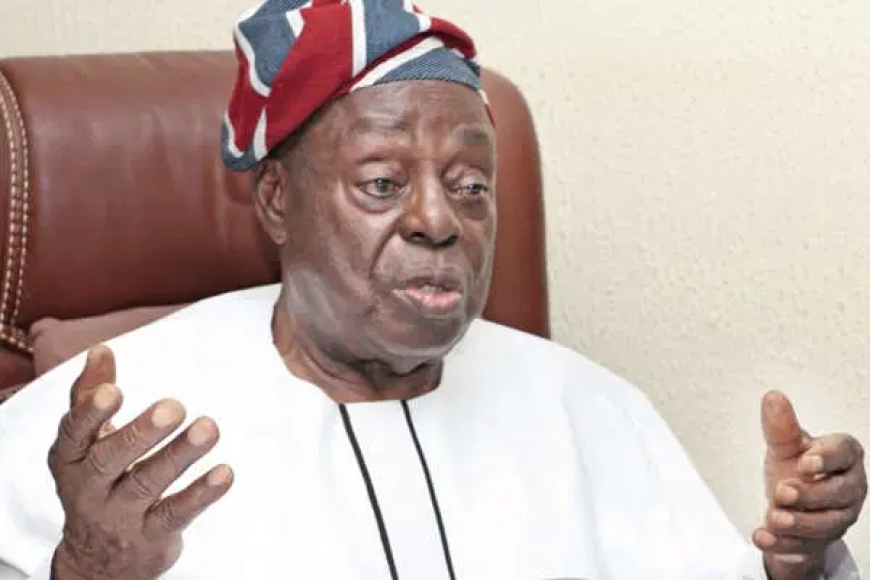
“Our banks are complaining that the Central Bank of Nigeria can no longer honour government promissory notes,” Babalola said. “This is not just a financial issue but a signal of deeper governance problems linked to the government’s inability to manage its debt obligations effectively.”
He urged the Federal Government to implement comprehensive fiscal and structural reforms that prioritize prudent borrowing, fiscal transparency, and a sustainable debt management framework. Babalola reminded policymakers that under Section 14 of the Nigerian Constitution, the security and welfare of citizens must remain the primary purpose of government.
In his keynote lecture, “Transformational Leadership in an Insecure and Disruptive Era: Building Ethical, Resilient and Impactful Leaders for Africa,” Dr. Otive Igbuzor, Executive Director of CentreLSD, underscored transformational leadership as a necessary tool for tackling systemic corruption, unemployment, gender inequality, and weak institutional governance across Africa.
According to him, Africa’s political and corporate leaders must embrace merit-based systems, institutional integrity, and innovation-driven governance. He further called for leadership education to be embedded into Nigeria’s school curricula to build a generation of ethically grounded and visionary leaders.
Also speaking, Professor Smaranda Olarinde, Vice-Chancellor of ABUAD, described the conference as timely, emphasizing that effective leadership in Africa depends on international collaboration, regional partnerships, and private sector engagement to address insecurity, poverty, and economic decline.

- Innocent Ike Appointed as Access Holdings’ Group CEO
- Blackmail and Extortion in Nigeria and The Punishment in The Law
- Moral Minefield or Smart Move? The Silent Epidemic of Strategic Defaulters in Nigeria’s Lending System
- Celebrating The Birthday Of The King Of Debt Recovery In Nigeria 2024
- Rape In Nigeria Law: Penalties, Legal Complexities Explained
KREENO Consortium’s Position
In his response to the conference discussions, Dr. Ohio O. Ojeagbase, Founder of KREENO Consortium, stated that Nigeria’s debt problem is not merely economic but a crisis of leadership ethics and financial integrity. He explained that nations that fail to embed accountability and transparency into their debt management processes risk long-term investor apathy and systemic instability.
Dr Ohio Ol Ojeagbase went further to review this public debt and said “Nigeria’s total public debt as of June 30, 2025 is estimated at ₦152.40 trillion (approximately $99.68 billion USD), according to the Debt Management Office (DMO) and corroborated by several credible financial news sources. This represents the highest ever recorded in naira terms and shows a consistent increase from previous quarters.
- The debt stock is split between domestic debts (₦80.55 trillion, or 52.9% of total) and external debts (₦71.85 trillion, or 47.1% of total).
- Federal government accounts for around 92.6% of the total, with ₦64.49 trillion in external obligations and ₦76.59 trillion in domestic liabilities.
- State governments and the FCT owe about ₦11.32 trillion, comprising both domestic and external debts.
- The increase reflects both new borrowings to meet fiscal deficits and the exchange rate effect on foreign-denominated debts.
- The public debt-to-GDP ratio has been projected to remain below 40%, supported by steady growth and tighter fiscal management.”
Dr. Ojeagbase reaffirmed that KREENO Consortium, through its integrated operations in debt recovery, corporate governance, and investigative intelligence, is strategically positioned to support Nigeria’s transition toward financial discipline, business integrity, and sustainable economic transformation.
According to him, “Restoring investor confidence begins with restoring integrity to financial contracts, public borrowing, and institutional accountability. Only then can the Nigerian economy regain credibility and attract meaningful foreign investment.”
ADVERT

Kindly share this story:
Contact: report@probitasreport.com
Stay informed and ahead of the curve! Follow The ProbitasReport Online News Report on WhatsApp for real-time updates, breaking news, and exclusive content especially when it comes to integrity in business and financial fraud reporting. Don't miss any headline – and follow ProbitasReport on social media platforms @probitasreport
[©2025 ProbitasReport - All Rights Reserved. Reproduction or redistribution requires explicit permission.]
What's Your Reaction?











